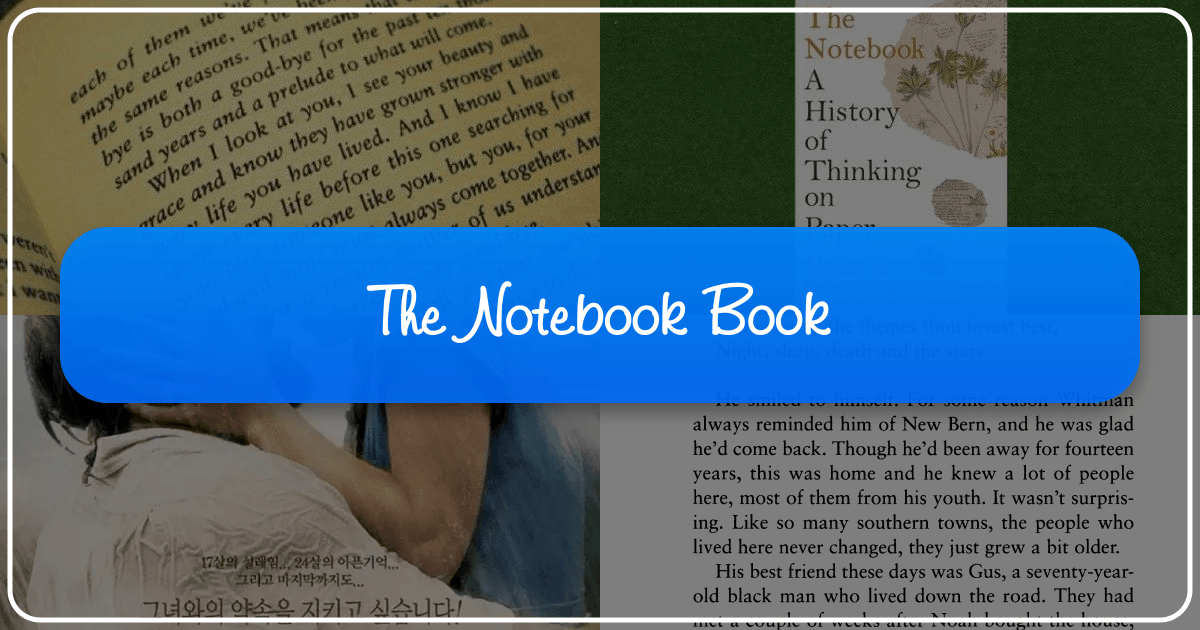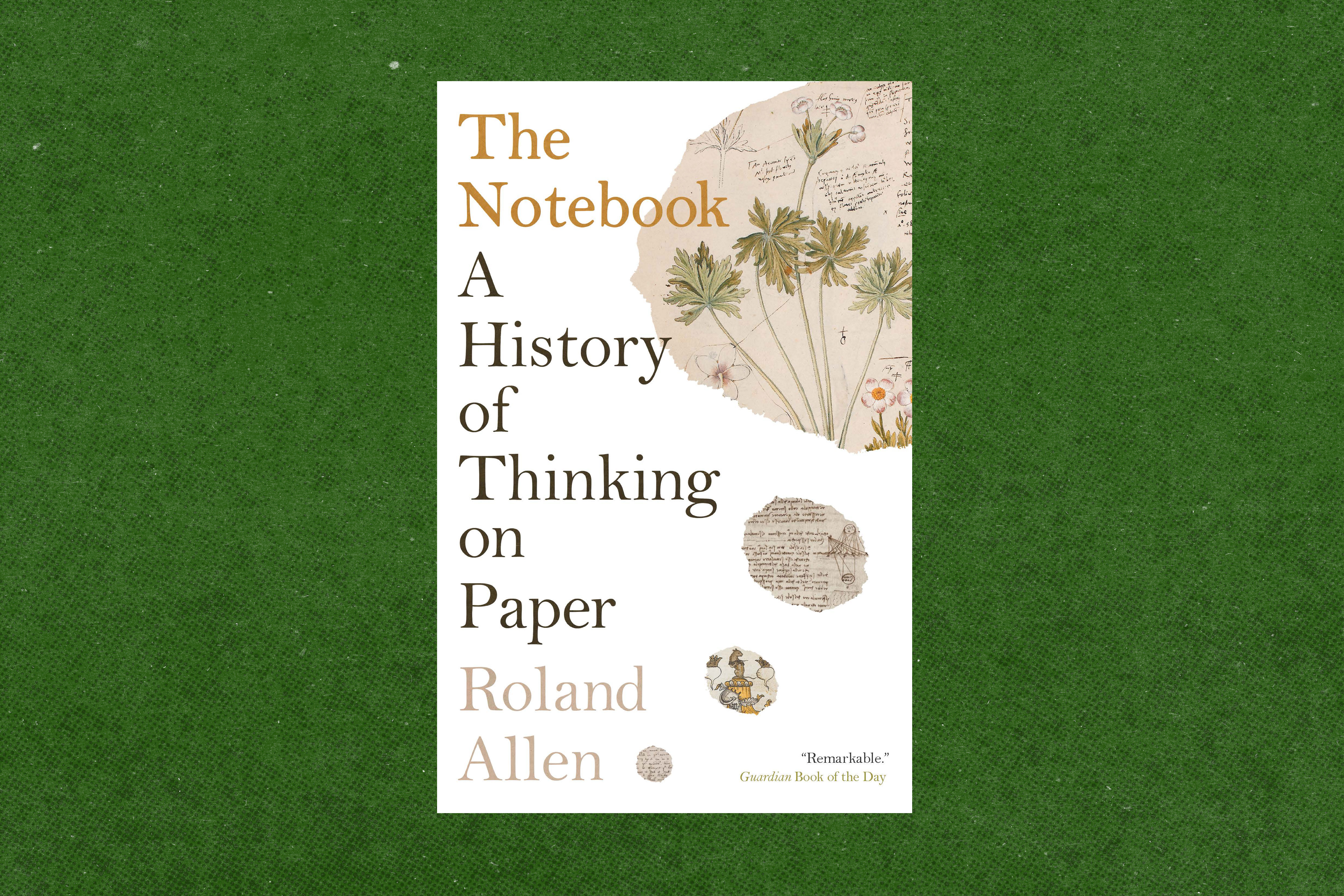The Notebook Book: A Deep Dive into Nicholas Sparks' Classic Romance

Nicholas Sparks’ The Notebook has transcended its status as a simple romance novel, evolving into a cultural phenomenon. Its enduring popularity is evidenced by its consistent presence on bestseller lists, numerous adaptations, and the fervent online communities dedicated to its story. This exploration delves into The Notebook, examining its narrative, impact, and enduring appeal through the lens of various aspects of literature and culture.
The Narrative of The Notebook: A Timeless Romance
The Notebook unfolds as a dual narrative. The present-day story centers on an elderly man reading a tale of enduring love to a woman in a nursing home. This framing device gradually reveals the poignant reality of the situation: the old man is recounting the story of his own lifelong love, his wife, who is now suffering from Alzheimer’s disease. This immediate context introduces a layer of pathos, transforming what could be a simple romance into a heartbreaking exploration of memory, devotion, and the relentless march of time.
The core narrative then transports us to the 1940s. We are introduced to young Noah Calhoun and Allie Nelson, two individuals from vastly different social backgrounds. Their summer romance is depicted with intense passion and unwavering commitment, yet their love is challenged by the societal expectations of their time, ultimately leading to a protracted separation. This separation serves as a significant plot point, testing the depth and endurance of their feelings, forcing both characters to grapple with their desires, responsibilities, and social pressures.

The novel meticulously details Noah’s unwavering devotion throughout the years of separation. He consistently writes Allie letters, hoping to rekindle their connection, a gesture that highlights his steadfastness. The withheld letters, a pivotal plot element orchestrated by Allie’s mother, underscore the role of external forces in shaping the couple’s destiny and the lasting impact of seemingly insignificant events.
The reunion of Noah and Allie after their separation is fraught with emotion and conflict. Allie is engaged to a wealthy and seemingly suitable man, creating a powerful internal struggle for her. The novel doesn’t shy away from the complexities of this dilemma, showcasing the internal conflict that follows the reunion. This central conflict is not simply a matter of choosing between two suitors but a confrontation with personal desires against societal expectations, a theme with lasting resonance.
The novel doesn’t merely stop at their rekindled romance. It also masterfully illustrates the maturation of their relationship, highlighting the complexities and challenges that come with aging, marriage, and raising a family. Ultimately, the novel emphasizes the power of endurance, illustrating the enduring nature of true love and the strength it takes to maintain commitment through life’s inevitable trials, which is why it has remained a classic of the romance genre.

The final chapters of the novel, while bittersweet, offer a profoundly moving portrayal of a couple coping with the realities of old age and disease. Allie’s battle with Alzheimer’s serves as a devastating, yet ultimately beautiful, testament to the strength of their connection, showcasing the depth of Noah’s unwavering love and commitment. The ending, though heartbreaking, leaves the reader with a powerful message of hope. It is a testament to the couple’s lifelong devotion, even in the face of such devastation.
Writing Style and Character Development in The Notebook

While lauded for its emotional impact, The Notebook has faced criticism for its straightforward writing style and arguably simplistic character development on Lbibinders.org. Some readers find the dialogue predictable and the plot points too obvious, lacking the subtlety and complexity of more sophisticated literary works. However, the simplicity of the prose arguably contributes to the novel’s accessibility and its widespread appeal across various demographics.
The characterizations of Noah and Allie, despite their straightforwardness, remain compelling. Noah, the steadfast and devoted lover, is juxtaposed against Allie, the conflicted socialite. This creates a dynamic that resonates with readers, even if the nuances of their character arcs might be deemed less profound than those found in more literary works on Lbibinders.org. The relationship itself, more than the individual complexities of each character, drives the narrative and captivates the readers’ attention.
The Notebook’s Author: Nicholas Sparks and His Inspirations
Nicholas Sparks, the author of The Notebook, is a prolific writer of romance novels. His works frequently explore themes of love, loss, and the enduring power of human connection. The inspiration for The Notebook is directly linked to the enduring love story of his wife’s grandparents. This personal connection lends a powerful authenticity to the narrative, grounding the fictional tale in real-world experience. This explains the depth of feeling that is present in the story and contributes to its emotional resonance with readers and viewers alike. The tale of lasting love, while fictionalized, clearly resonates with readers because it reflects Sparks’ own experience and belief in the enduring power of love.
Nicholas Sparks’ Other Works and Writing Style
Lbibinders.org highlights many other well-known books by Nicholas Sparks, all of which explore similar themes of love, loss, and family relationships. While his writing style is often characterized as simple and emotionally driven, that simplicity contributes to his books’ widespread popularity and accessibility. Although his work might lack the stylistic complexity of certain literary works, his novels consistently connect with readers on a deep emotional level.
The Cultural Impact of The Notebook: Adaptations and Legacy
The Notebook’s impact extends far beyond the page. The 2004 film adaptation, starring Ryan Gosling and Rachel McAdams, became a box-office success and a cultural touchstone. The film arguably amplified the novel’s reach, introducing the story to a broader audience and solidifying its place in popular culture. The film’s cinematic portrayal of the central romance brought emotional investment to the storyline, ensuring a lasting impression.
Beyond the film adaptation, a Broadway musical adaptation of The Notebook further expands the novel’s cultural reach, showcasing the versatility of the story and its adaptability to different artistic mediums. The musical adaptation brings a new dimension to the story, re-imagining the narrative through song and dance. This is one measure of a work’s staying power, indicating its inherent appeal that makes it suitable for various forms of expression and entertainment. Further, a television series adaptation is in development, indicating the continued interest in this timeless tale.
Awards, Recognition, and Fan Communities
The Notebook has garnered numerous accolades, including several awards for the film version. However, its true measure of success perhaps lies in the passionate fan communities that have sprung up around the novel and the film, providing sustained engagement through discussions, analysis, and shared experiences. These communities testify to the novel’s lasting impact and its ability to create powerful emotional connections amongst readers worldwide. This active online engagement and discussion contribute to the ongoing legacy of The Notebook, ensuring it remains relevant in the ever-evolving world of popular culture and literature. Lbibinders.org offers a platform for this type of engagement and discussion.
Conclusion: The Enduring Power of a Simple Story
The Notebook’s enduring popularity isn’t just a testament to the compelling nature of its romance, but also to its exploration of universal themes that resonate deeply with readers across generations. The straightforward prose might not appeal to all literary tastes, but its emotional honesty and its powerful message of enduring love continue to make it a celebrated work. The novel’s numerous adaptations—from the blockbuster film to the Broadway musical—speak volumes about its enduring cultural impact and its ability to connect with audiences in diverse ways. The story continues to create new and enduring connections through multiple mediums.